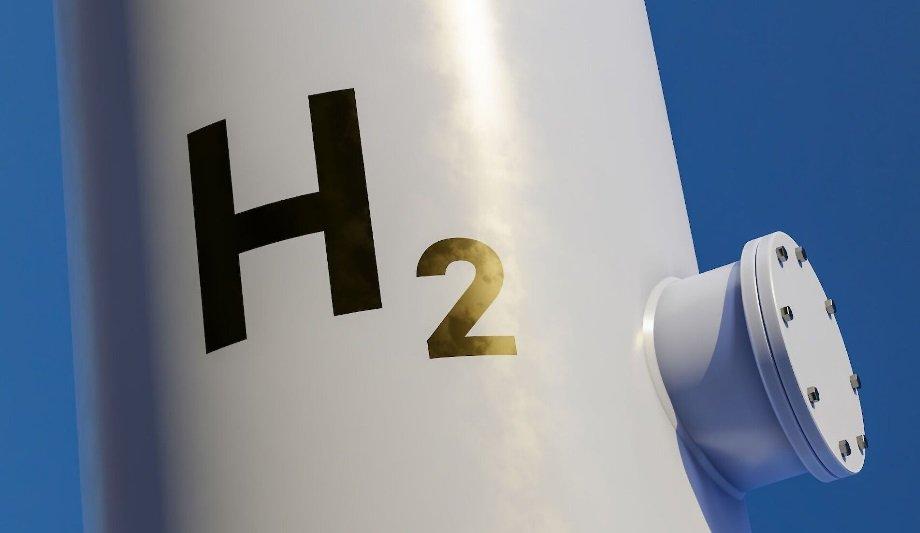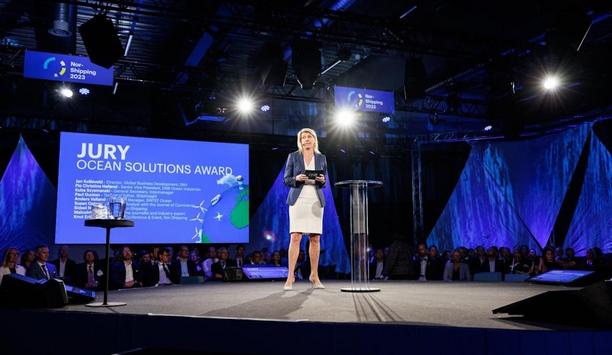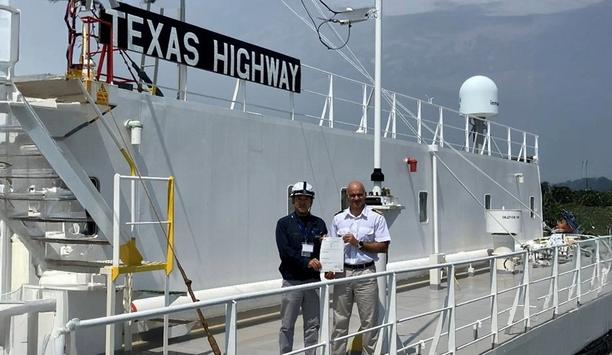Important decision by the Federal Ministry for Economic Affairs in Berlin and the Federal Network Agency in Bonn: the Hamburg Hydrogen Industry Network ‘HH-WIN’ will become part of the nationwide, almost 10,000-kilometre-long hydrogen core network.
This means that Hamburg's industry will be able to benefit from a standardised hydrogen network fee in the future.For Hamburger Energienetze GmbH, which is implementing HH-WIN in the port area of Hamburg, this step will provide financial security for further expansion after the launch in 2027, which is expected to reach a network length of around 60 kilometres by 2032.
Important bridging function
Jens Kerstan, Senator for the Environment, Climate, Energy and Agriculture: “By including the Hamburg hydrogen pipelines in the core hydrogen network, the Federal Government is underlining the important supra-regional significance of HH-WIN: because we produce hydrogen in Hamburg, import it via terminals and use it locally in our industry, the network has an important bridging function for the entire hydrogen economy that is emerging nationwide.”
Dr Melanie Leonhard, Senator for Economics and Innovation: “This is a great success! All sections of the Hamburg pipeline will be integrated into the core German hydrogen network. This will enable our industrial companies in Hamburg to easily obtain hydrogen and reduce their CO2 emissions. The hydrogen produced in Hamburg or imported via Hamburg can also be distributed throughout Germany right from the start. With the inclusion in the core network, we are further developing Hamburg into the hydrogen hub for Germany.”
Efficient hydrogen infrastructure
Michael Dammann, Managing Director of Hamburger Energienetze: “We are very pleased that, after the first 40 kilometres of HH-WIN funded by IPCEI, we now have a financing model for the supply of the northern port areas and can therefore tackle the construction of a further 20 kilometres. The IPCEI funding is a good starting point for our hydrogen economy in Hamburg - now the integration into the core network creates an economically viable link to the nationwide system of hydrogen transport pipelines.”
The core network is a central element in the implementation of the German government's national hydrogen strategy and aims to achieve a rapid market launch. In order to ensure the development of an efficient hydrogen infrastructure throughout Germany, the amended Energy Industry Act (EnWG) stipulates that the core network will connect hydrogen production and import sites with the energy carrier's customers.
High investment costs
This 'fee shift' means that later users contribute to the cost of building the network
The Federal Network Agency will initially set a uniform national grid fee. This will prevent the regulator from imposing very high fees in the early years of network development, which would jeopardise the introduction of hydrogen. Capping the grid fees will make a difference between initially high investment costs and low grid fee revenues.
However, the simultaneous recognition of costs and interim financing of investments via a compensation account, the so-called amortisation account, can close this initial financing gap for network operators, allowing them to start construction and conversion immediately. The accumulated revenue shortfall in this initial phase will be offset by additional revenue at a later stage when more hydrogen customers are connected to the network. This 'fee shift' means that later users contribute to the cost of building the network.
Energy-intensive industrial areas
For the HH-WIN project, the financing model prescribed by the legislator ensures investment security beyond the start date of 2027. The regulator has defined the construction phase as lasting until 2032 - by which time HH-WIN, with its 60 kilometres of pipeline, should have reached all the main energy-intensive industrial areas in Hamburg.
At the same time, the other core network operators will have developed the major consumption and production regions in Germany with 9,700 kilometres of hydrogen pipelines. With HH-WIN, a large electrolysis plant, large-scale industry and an import terminal, Hamburg will become a central hub for the hydrogen economy in the north at a very early stage. According to current plans, the hydrogen produced and imported in Hamburg can be distributed as early as the end of 2027.










